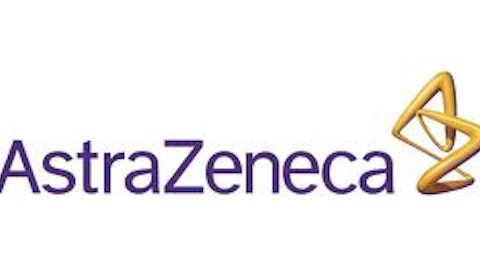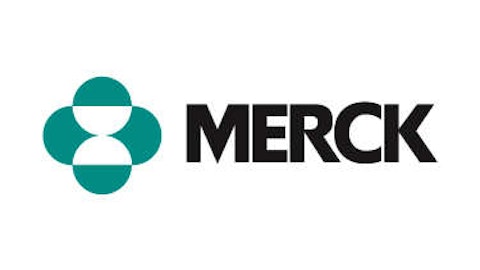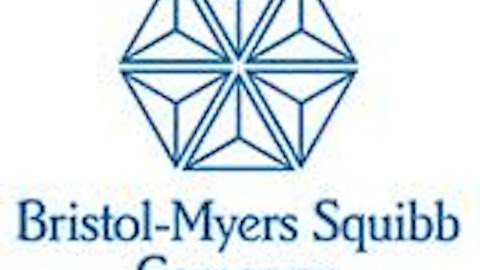Amgen, Inc. (NASDAQ:AMGN)‘s stock has surged more than 44% over the past year, but while this big biotech has rewarded investors handsomely with a solid performance lately, it’s always in the hunt for the star pharmaceuticals of the future. The company reported solid clinical data from its developmental melanoma drug talimogene laherparepvec, or T-Vec, over the weekend as Amgen looks to forward the drug toward an eventual application.
Is melanoma really a market where Amgen, Inc. (NASDAQ:AMGN) can thrive, however? This company’s stock has blown up on blockbusters such as immunology drug Enbrel and neutropenia-fighting Neupogen, but T-Vec’s facing a different sort of competitive landscape. Could T-Vec provide Amgen’s next blockbuster? Let’s take a look at the latest from this promising treatment.
Hitting the right marks

Amgen, Inc. (NASDAQ:AMGN) will report final data later in the year, but this interim report looks promising. Analyst Michael Yee from RBC Capital Markets predicted that T-Vec would need to show a 15% improvement in survival over standard treatments in order to garner approval. So far, so good.
Amgen, Inc. (NASDAQ:AMGN)’s stock didn’t react so positively to the news, however, as shares fell 1.4% on Monday. Are investors in the right, here, or is T-Vec’s potential understated?
First off, the melanoma drug market isn’t huge — yet. Research firm Decision Resources said last year that Roche‘s Zelboraf and Bristol Myers Squibb Co. (NYSE:BMY)‘s Yervoy, two immunotherapies approved in 2011 to treat melanoma, accounted for two-thirds of the malignant melanoma drug market. Yervoy picked up more than $700 million in sales last year, but Zelboraf only recorded around $250 million in revenue. That’s not a giant market to capitalize on.
Additionally, T-Vec has more competition hurrying into the market. GlaxoSmithKline plc (ADR) (NYSE:GSK)‘s melanoma drugs Mekinist and Tafinlar were recently approved by the FDA, and analysts project that the two drugs could reach a combined $600 million in sales in 2016. Additionally, Merck & Co., Inc. (NYSE:MRK)‘s lambrolizumab hasn’t been approved by regulators yet, but the drug proved to reduce tumors in 38% of patients in early-stage trial results published at the ASCO meeting. Merck & Co., Inc. (NYSE:MRK) likely won’t have that drug approved any time soon, but it’s one to watch for Amgen, Inc. (NASDAQ:AMGN) investors or those taking note of the melanoma space.
Still, analysts are confident in T-Vec’s success should Amgen clinch regulatory approval. Early peak sales projections vary, but at least one analyst has estimated peak sales of $500 million for the drug.





